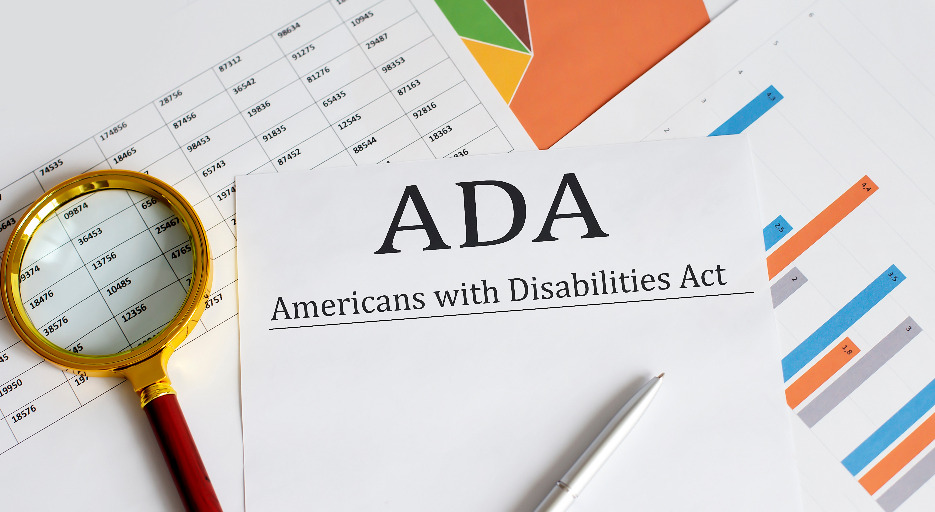Both, the Americans with Disabilities Act (ADA) and the Fair Housing Act (FHA) are civil rights acts that were enacted to protect specific members of the community from discrimination. The ADA was enacted by Congress in 1990 and the FHA was enacted in 1968. The ADA focuses on protecting disabled individuals in public places of the community. On the other hand, the FHA focuses on protecting individuals against discrimination in housing matters and provides equal access to housing for individuals in the protected class.
Are the ADA and FHA the same?
No, the ADA and FHA are not the same, but both protect different groups of individuals in different ways. The ADA protects persons with disabilities against discrimination in public places and prohibits discrimination in employment, education, public accommodations, transportation, and public and government services. Further, all apartment buildings must comply with the ADA regulations. However, the regulations are limited to the public areas of apartment buildings and does not extend to individually owned units. Further, the ADA requires that places of public access have accommodations and are accessible to persons with disabilities.
On the other hand, the FHA is meant to provide equal access to housing and protects certain classes of individuals from discrimination when renting, purchasing, or financing a home. Amongst the requirements of the FHA is the accessible design and construction requirement, which requires apartment buildings containing more than four apartments to provide one or more elevators. The FHA has requirements that community associations must follow to make sure that all rules and regulations apply equally to all residents. One of the main differences between the ADA and FHA is that the ADA solely protects individuals with a disability, whereas the FHA protects a far broader class.
Is the FHA part of the ADA?
No, although they are both civil rights acts to protect certain groups of people, the FHA and ADA are different civil rights acts, and the FHA is not part of the ADA. The ADA only protects individuals with disabilities, while the FHA protects individuals based on sexual orientation, race, religion, national origin, familial status, and disability.
What does the ADA protect and what does it not protect?
The ADA does not include an exclusive list of certain disabilities under the act. However, it does broadly define a disability as a “physical or mental impairment.” Physical or mental impairment can be a psychological disorder or a loss affecting the body system that substantially limits someone’s ability to perform life activities. To be protected by the ADA, one must have a record of the disability. However, the ADA does not protect individuals with alcohol or drug addictions.
If you are having an problem regarding a disability, handicap, or reasonable accommodation issue relating to the ADA or FHA acts, you should consult with one of our experienced attorneys.








